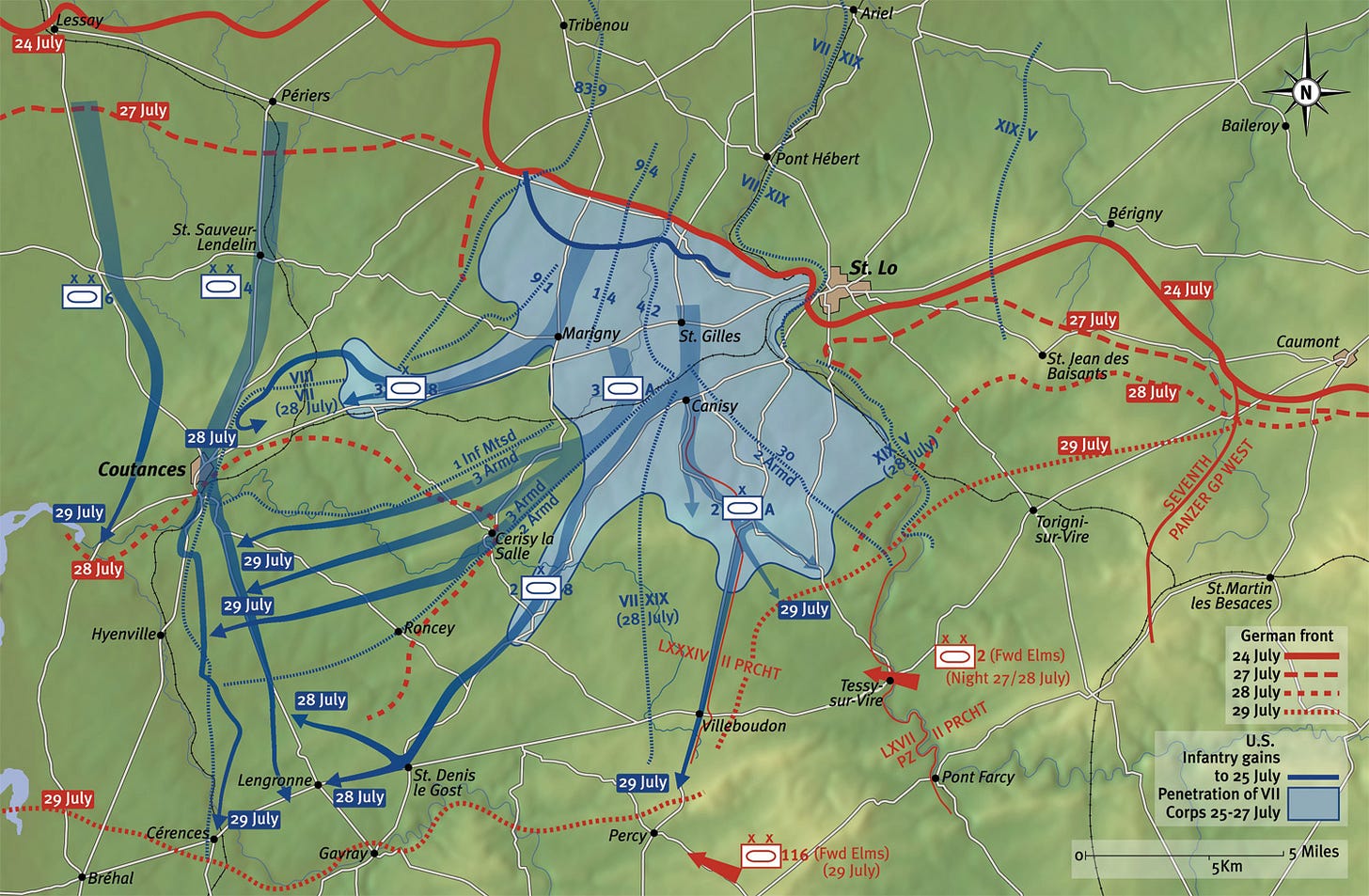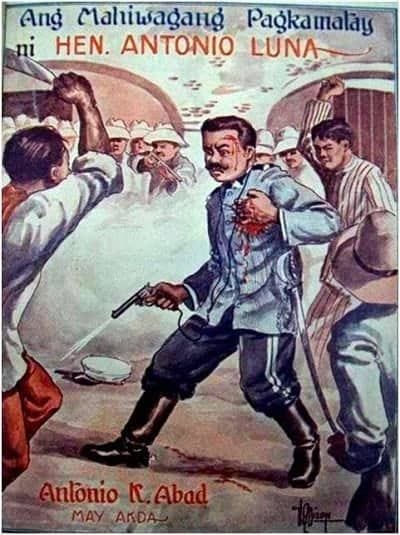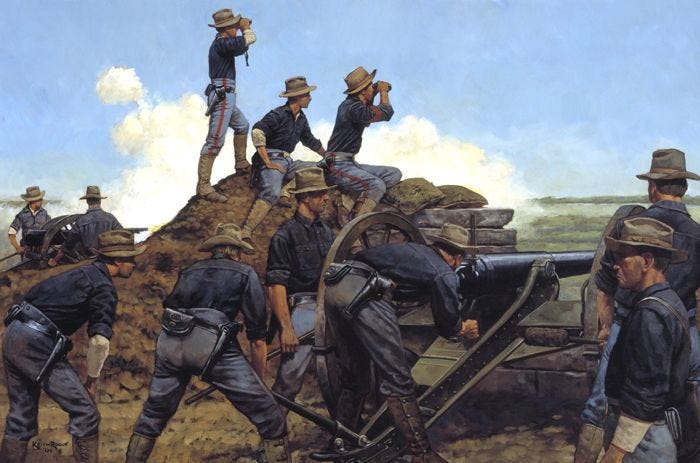Heneral Luna is not history. Despite its director’s vision of authenticity and realism, Jerold Tarrog would prefer pushing a political agenda over showing what actually happened. In his own words,
This film is a work of fiction based on facts. Liberties have been taken with the depiction of historical figures and the order of events. While historical accuracy is important, there are bigger truths about the Filipino nation that can only be reached by combining the real and the imaginary.
You can see and hear in the film the slogans that Tarrog wishes his audience to memorize. Filipinos are too clannish, too family oriented, and must be detached from this basic societal unit all in service of almighty state. All the same, Filipinos are too self serving, unwilling to risk their selfish interests in pursuit for a higher goal. The Filipino must be atomized, must be cut off from traditional institutions and customs, and the State must mold him to think and do nothing except that which would serve almighty state.
We will not even get into trifles about history here.
Never mind that Aguinaldo fought masterclasses in defensive warfare against the Spanish. Mt Puray remains an example for anyone fighting wars while outnumbered and outgunned.
Never mind that American proficiency in maneuver warfare drilled in since the Civil War would have rendered any Philippine effort at fighting the Americans obsolete.

Never mind that the Americans brought militiamen and very few regulars to fight in the Philippines, so that Luna would have little right to complain that he has only unwilling conscripts to fight with.
Tommy Matic IV has written at length attacking this movie’s military historical discrepancies. I would highly suggest that you read his writings.
Yet the movie’s overall message far surpasses any one of these in gravity and implications. The movie denounces how the Philippines was not one nation, and it wishes that all people unite for some reason as mystical as the mystical city of God. To remedy this illness, Tarrog demands that the state administer the panaceas of education, employeeship, and peenoise pride. You will eat the bugs and live in the pods, and you will be happy!
There is only one proper response to this way of thinking.
They want you in Manila—because that’s where they can control you—working for their corporations, paying their taxes, following their rules. The city life looks like progress, but what they don’t want you to know is that real power is out here, in the provinces.
Federalism feeds you another lie: that you can have Manila in your backyard. But what they don’t tell you is that bringing Manila to the provinces doesn’t mean progress—it means control. It means more bureaucracy, more rules, more taxes, and more surveillance. When you invite Manila into the provinces, you invite the very system that traps people in the cities.
Don’t be fooled by their promises. The real power is in rejecting their control, not inviting it closer. They’ve fed us the lie that progress only happens in the urban centers. But the truth is, in the provinces, we are free to create, to grow, and to thrive without being tied to their corporate machines and government chains.
In the provinces, we hold the land. We have the resources. We don’t need to live by the rules of the system that only benefits those at the top. Here, we can build something of our own—free from their oversight and control. Out here, you don’t just survive—you live. You grow your own food, trade with your neighbors, and create a life on your terms, not theirs. You have space to breathe, to build, and to reclaim the power that’s been forgotten in the city lights and concrete walls.
Don’t let them fool you. The future isn’t just theirs to define. It’s ours to take back—right here in the provinces, where the real power resides. Let’s rise together. Let’s grow something outside their reach.
I have been scrambling since Fellglow Keep’s departure to write the piece against economic liberalization. I shall finish that and another piece about how a clannish, decentralized, family-oriented country like the Philippines has a perfect role model for industrialization and modernization: the Taliban!









